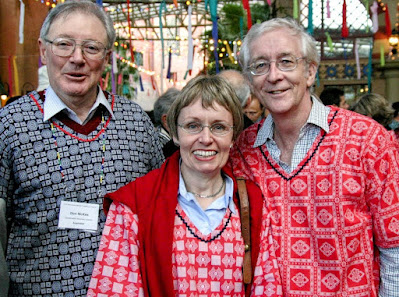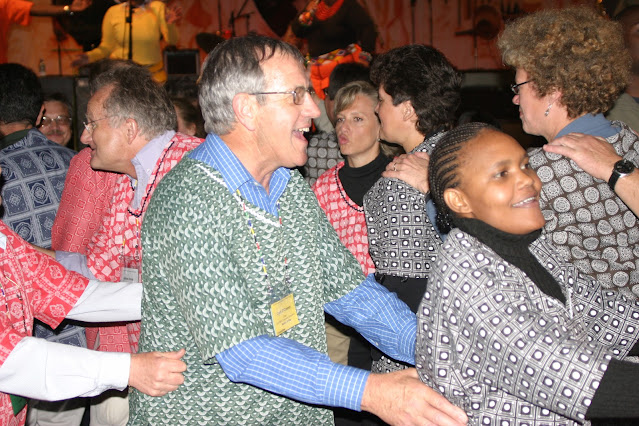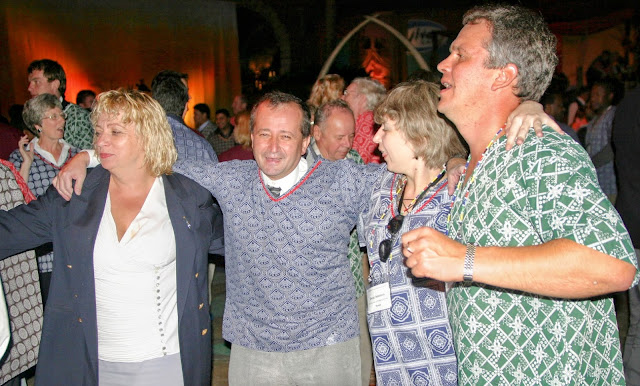Just days after it became the first country to land near the Moon's south pole India launched its first observation mission to the Sun. Reports in the Indian press suggest the cost will be around £36m. India last year overtook Britain to become the world's fifth biggest economy so it is hardly surprising that many observers are asking why the UK, with its post-Brexit woes and severe cost of living crisis, causing many to struggle, is still pumping aid into India, £2.3 billion over the 5 years to 2021. In July it was revealed that aid will jump another 70% next year to a nation that has a bigger economy than that of the UK. There must be a good reason. Can anyone explain and make sense of it?
I'm sure that Prof. TC Rao, the "father of Indian mineral processing" would have opined on this, but sadly he died on the 5th of the month, 13 days before his 83rd birthday. People come and go and are soon forgotten, but it is evident from all the comments on the posting of 6th September that TC Rao's legacy will be remembered for a long, long time. He was a good friend and I will miss him a lot. As I will Fathi Habashi, Emeritus Professor of Laval University, Canada, who died this month, just a few days before his 95th birthday.
There was great news for British scientists earlier in the month with the announcement that the UK is to rejoin the EU's flagship scientific research scheme, Horizon. Prior to Brexit UK scientists were always the big winners in the grant process for past Horizon programmes, often outcompeting Germany, the other European science superpower.
Associate membership had been agreed as part of the Brexit trade deal when the UK formally left the EU in 2020 but Britain has been excluded from the scheme for the past three years because of a disagreement over the Northern Ireland Protocol. The delay and uncertainty in agreeing associations led to a drop in applications from UK scientists to work on European projects that were underwritten by UK government money. The impasse also led some EU nationals working in the UK to take their research back to their home countries or to other EU states. In addition, British researchers who had been in leadership roles in some big, long-running projects were forced to step down. Hopefully the new deal will re-energise the sector, encouraging UK researchers to reassert their prominence in European science.
UK Prime Minister Rish Sunak announced this month a major overhaul of the Government's green policies, the key change being a five-year delay in the ban on the sale of new petrol and diesel cars and a more pragmatic approach to the net zero target by 2050.
The move has predictably provoked a backlash among politicians of all parties and green activists but maybe his predecessors' green targets were not that practical considering the constraints likely to be imposed due to the supply of the raw materials needed for the green transition. Mining production would need to be considerably ramped up as there is physically not enough material at current extraction rates to produce one generation of renewables technology (which needs to be replaced every 20 years or so) and to phase out fossil fuels.
Critical metals were the subject of many of the presentations at the UK Mining Conference in Falmouth this month, attended by over 280 delegates and I was pleased to have been invited to give a presentation on the evolution and importance of mineral processing. I was also honoured to receive the Lifetime Achievement Award at the Gala Dinner at Falmouth's National Maritime Museum, which I accepted on behalf of MEI (posting of 20th September). I would like to take the opportunity here of thanking my nominators, Prof. Patrick Foster, Director of Camborne School of Mines, and Ian Townsend, retired consultant, formerly with Outotec.
I would also like to thank Dr. Rob Dunne, semi-retired consultant and former adjunct Professor at both the University of Queensland and Curtin University, Australia for nominating me for the Frank F. Aplan Award of the Society for Mining, Exploration & Metallurgy (SME) which I was informed will be presented to me at the SME Annual Meeting in Phoenix in February. Thanks also to those who supported the nomination: Prof. Tim Napier-Munn, former director of the JKMRC, Australia, Prof. Cyril O'Connor, of the University of Cape Town and former Chairman of the IMPC, Dr. Ronel Kappes, of Newmont Corp., USA and Prof. Corby Anderson, of Colorado School of Mines, USA.
And I was more than pleased to hear that Amanda's voluntary work, for a charity supporting people affected by domestic abuse and sexual violence, has been recognised by a nomination for The King’s Award for Voluntary Service celebrating the outstanding work of local volunteer groups across the UK. Naturally we are immensely proud of Amanda's efforts, both within and outside MEI.
The really bad news from UK this month concerns the chaotic start to the academic year for teachers and pupils in many schools in the UK. During the post-war building boom of the 1950s, 60s and 70s, reinforced aerated autoclaved concrete (RAAC) was viewed as a wonder material, as filled with bubbles of air it is about a quarter of the weight of normal reinforced concrete. Due to its light weight, planks of RAAC were widely used to make the roofs. However it became apparent that the porous, sponge-like concrete could easily absorb moisture, particularly on roofs, weakening the material and also corroding steel reinforcement within.
About 30 years ago it became known that the lifespan of RAAC in many public buildings, including hospitals and schools, was no greater than 30 years. This is a problem for which urgent action has been long overdue, yet the decision to take it has come at possibly the most disruptive time possible, the start of the school year. And it's no surprise that many are wondering about chaos in the Department for Education, all part of a Britain which seems broken at the moment.
 |
Source: Matt, The Telegraph and Nick Newnann, Spectator |
And this month our thoughts have also turned to north Africa where thousands have been tragically killed in the massive earthquake in Morocco and the devastating flooding in Libya. Nature has been particularly cruel over the past months.























































.png)






